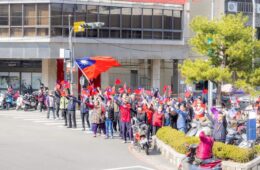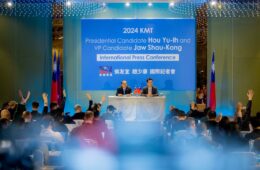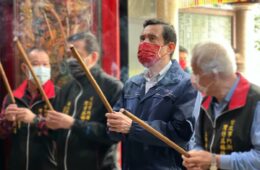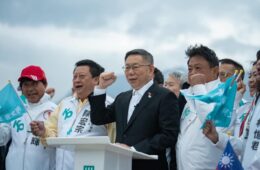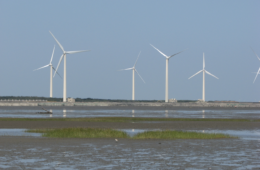The Taiwan People’s Party as the Kingmaker: What Does the Future Hold for the Party?
The results of the presidential and legislative elections, in many ways, confirmed predictions ahead of time. Late polling before the blackout period imposed ten days before elections showed Lai to have a significant lead ahead of his opponents, even if Ko Wen-je’s 3.7 million votes prove an impressive showing for the upstart TPP candidate. Indeed, in the early vote count, it appeared as though Ko could, in fact, be leading Hou, and it could not be ruled out from polls before the election results as to whether Ko or Hou was in second place...






